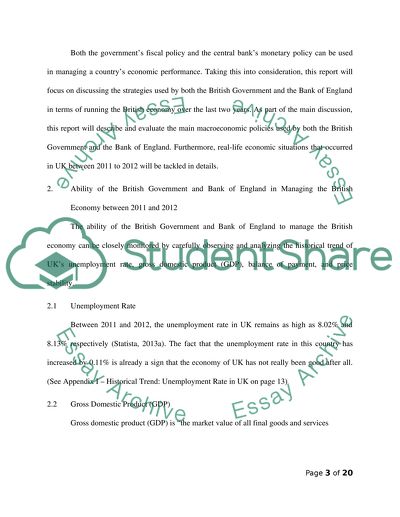Cite this document
(“What has happened in Great Britains economy over the last two years Essay”, n.d.)
Retrieved from https://studentshare.org/macro-microeconomics/1619979-what-has-happened-in-great-britains-economy-over-the-last-two-years
Retrieved from https://studentshare.org/macro-microeconomics/1619979-what-has-happened-in-great-britains-economy-over-the-last-two-years
(What Has Happened in Great Britains Economy over the Last Two Years Essay)
https://studentshare.org/macro-microeconomics/1619979-what-has-happened-in-great-britains-economy-over-the-last-two-years.
https://studentshare.org/macro-microeconomics/1619979-what-has-happened-in-great-britains-economy-over-the-last-two-years.
“What Has Happened in Great Britains Economy over the Last Two Years Essay”, n.d. https://studentshare.org/macro-microeconomics/1619979-what-has-happened-in-great-britains-economy-over-the-last-two-years.


